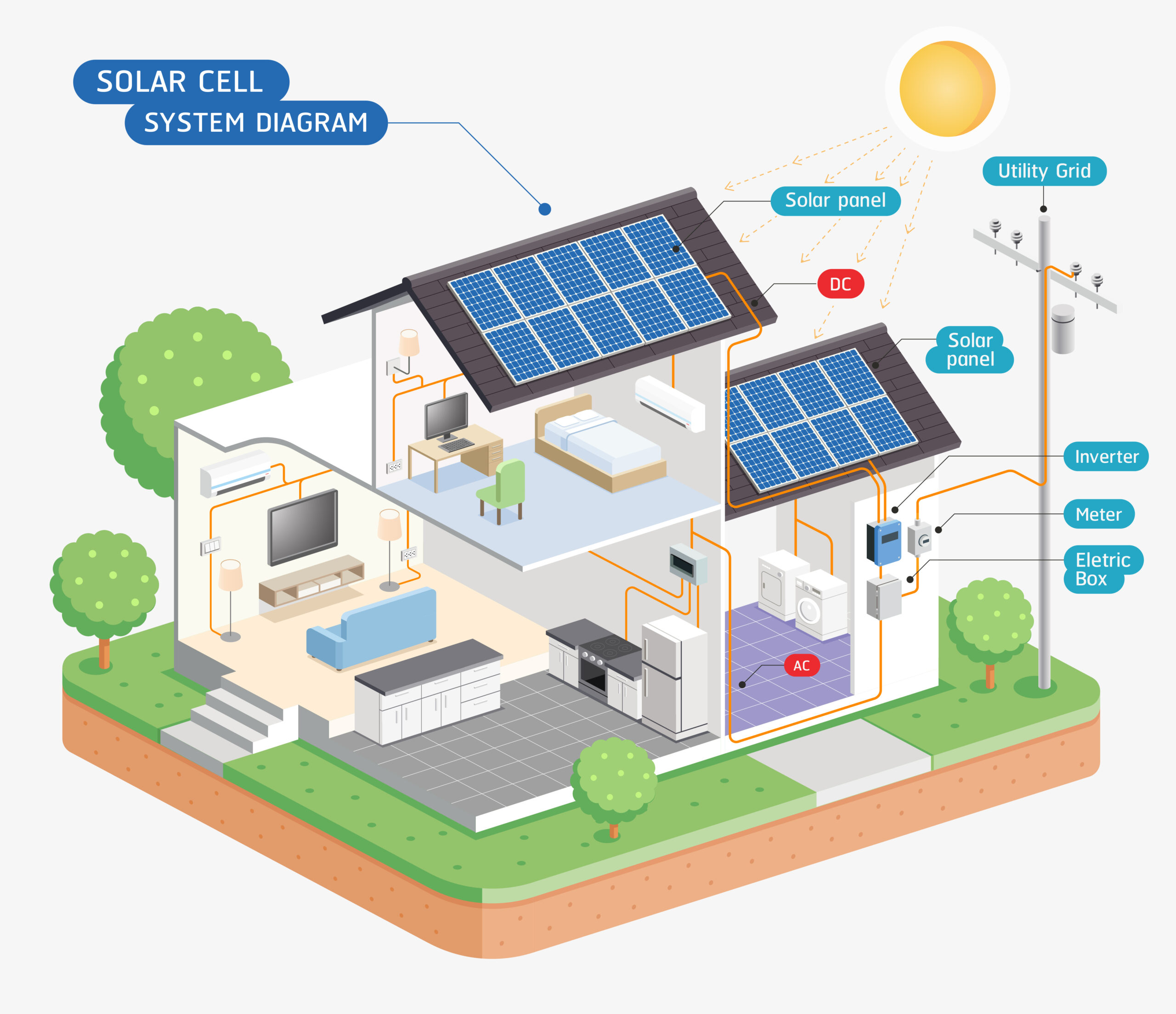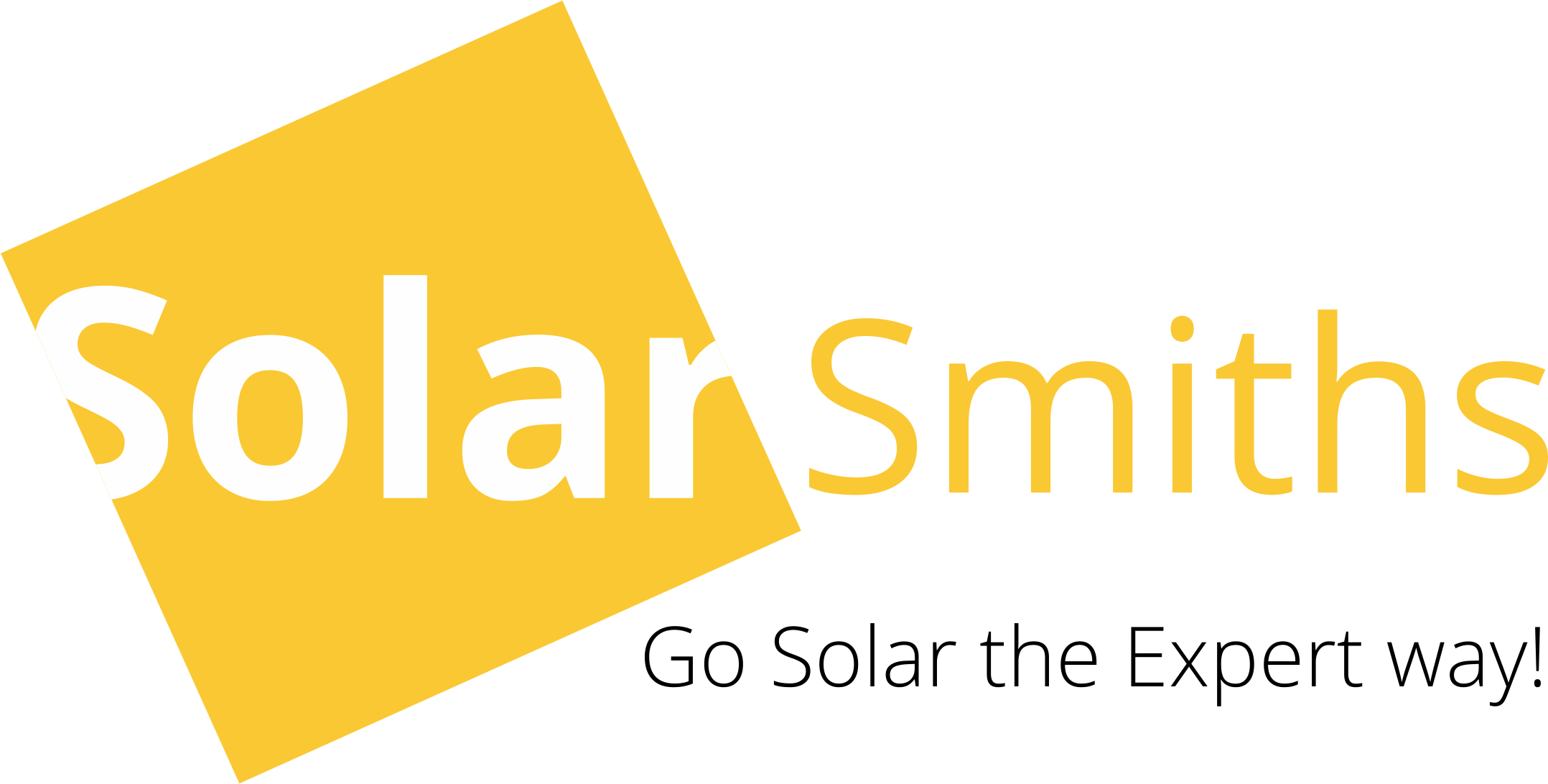In our present scenario, we are in a situation where there is a considerable shortage of gas, oil, and other daily essentialities. Studies state that we will not be getting the proper energy needed in our day-to-day lives in the coming years. So, it’s high time to think about a third change and switch ourselves to permanent renewable sources like solar power or solar energy.
When we research solar energy, we can analyze that in every single hour, the sun rays strike the earth with around 430 quintillion joules of energy. Therefore, this power is adequate to sustain all the undertakings that need power for a whole year.
Now, let’s understand in detail the meaning of solar energy and its advantages in this blog:
What is Solar Energy?
Solar energy can be defined as a form of power from the sun rays that are directly converted into thermal or electrical energy by solar panels. It is the most abundant and cleanest renewable energy that can be available on the globe.
There are basically two types of solar energy:
- Solar Photovoltaic Panels (PV): These panels directly transform solar energy into a functional form with a PV cell containing a semiconductor material.
- Concentrating Solar Power (CSP): These are the power received from a heat receiver that converts energy from heat into mechanical energy, leading to solar thermal electricity.


Advantages of Solar Energy
Now let’s discuss some of the significant advantages of solar energy:
1. Renewable Energy Source:
Though solar energy has a wide variety of benefits, the essential element is that it is a truly renewable source of energy. It can be channelized in all parts and corners of the world also are available daily. It is a fact that we could not give out solar energy, unlike some of the other energy sources.
As we know, solar energy will be attainable until we have the sun, and it will be available for the next 5 billion years, as per scientific research. Thus, it is one of the most important benefits of solar energy.
2. Lower Environmental Impact:
The second most important benefit of solar energy is that it has a significantly reduced impact on the environment than other fuels or gas. Its greenhouse gas secretion does not have any effect as the technology does not contain any fuel combustion.
Indeed, although concentrating solar plants (CSP) are proximately ineffective in their water usage, providing on the type of technology used, the appropriate technology leads to increasing the regulation. In contrast, photovoltaic solar panels (PV) do not need any water for generating electricity.
3. Reduce Electricity Bills:
As you will be congregating some of your energy required with the electricity your solar panel has generated, your power or electricity bills will lessen to a considerable amount. However, the amount you save on your bill will be relative to the size of the solar system you set up and your electricity usage.
For example, setting up solar panels on your commercial building would benefit you as the large system size can balance the large lump of your energy bills.
4. Low Maintenance Costs:
Solar panels generally don’t need a considerable amount of maintenance. You only require maintaining them clean; therefore, the only job is to clean them multiple times in a year. Indeed, most definitive solar panel producers provide 20-25 years of warranty.
As there are no parts that need to shift, there will be no wear and tear. The inverter might require changing after 5-10 years due to its continuous workload. Apart from it all other cables and systems are highly reliable for a more extended period of time.
5. Diverse Applications:
One of the most critical purposes of solar energy is that it can be used for many diverse purposes. Though the primary goal is to generate electricity, we can use it to produce electricity in areas without outbreak to the energy grid, refine water in areas with limited water supplies, and use it in space for satellites.
Thus, the sectors are much broader than we expect, and no doubt, solar energy will make a new evolution in the world. It can also be used as an integration into the materials utilized for buildings.
Pros and Cons of Solar Energy FAQs
- What are the Pros and Cons of Using Solar Energy for Your Home?
Ans: Solar is a revolutionary solution for any kind of individuals and at any type; however, like any decision switching to solar has various pros and cons you should keep in mind.
| Pros | Cons |
|---|---|
|
|
- Do Solar Panels Increase Your Property Taxes?
Ans: When you install and develop a solar energy system, it will not lead to any decrease or increase of property tax assessment on your real property. However, with the new construction exclusion, solar systems are not evaluated at all, and your property taxes will not rise after you finish your solar project.
- Can You Still Have a High Electric Bill With Solar Panels?
Ans: Solar power panels are finite sources – they can only produce as much energy consistent only through the size of the system. However, with a home solar system, your electricity bill majorly includes the number of kilowatt-hours you’ve used from the grid.
It has been reported that almost 30% solar efficiency increases when you do periodic cleaning. You might not notice this, but your home could be consuming more energy than you actually thought. If you are also doing the same, you will be depleting more solar savings and thus more electricity bills.
- Are there tax benefits for Solar Panels?
Ans: There are many tax benefits for solar panels as the government is highly supportive of this system. The investment tax credit (ITC), also known as the solar tax credit, allows a deduction of 26 per cent of the cost of installing a solar energy system from your federal taxes. It is applicable for both residential and commercial properties, and there is no cap on its value.



